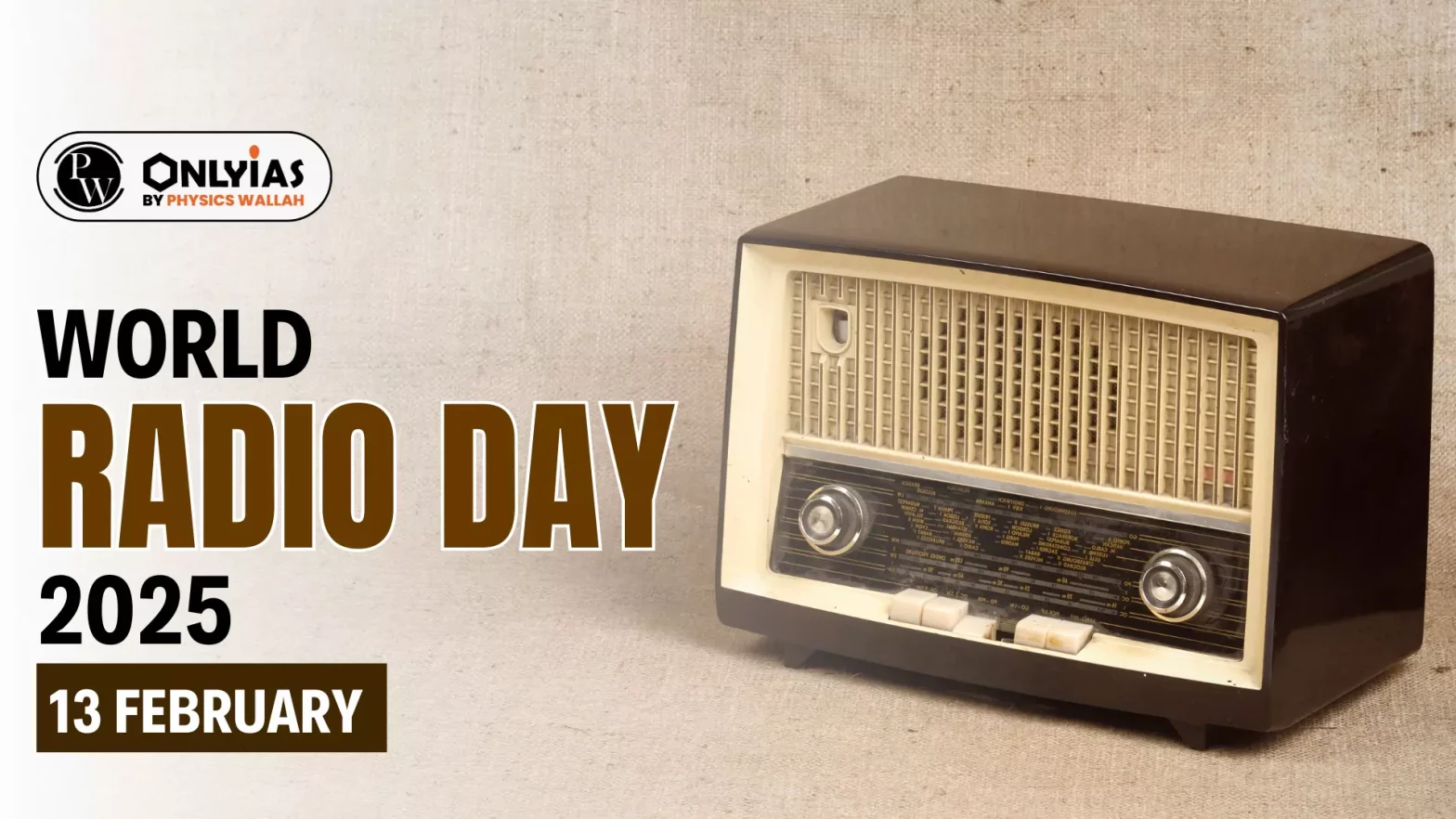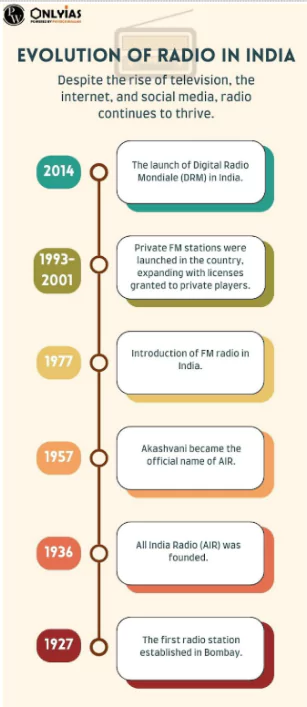World Radio Day 2025 is observed on February 13, 2025, to highlight the role of radio as one of the powerful mediums of communication.

World Radio Day 2025 is celebrated annually to recognize the role of radio as a powerful medium of communication. It serves as a reminder of radio’s ability to reach the masses, educate, inform, and entertain people worldwide. Established by UNESCO, the day highlights the importance of radio in fostering dialogue, promoting peace, and bridging communication gaps across cultures and communities. Over the years, radio has evolved with technological advancements, yet it remains one of the most widely used platforms for mass communication.
World Radio Day is celebrated annually on February 13 to recognize radio as an essential tool for mass communication, education, and crisis management. Established by UNESCO in 2011 and later adopted by the United Nations General Assembly in 2012, this day acknowledges the vital role of radio in providing news, entertainment, and public service messages to diverse populations.
With the rise of digital media, radio continues to evolve, incorporating online streaming, podcasts, and digital broadcasts to remain relevant. Whether in remote villages or urban centers, radio serves as a trusted source of information, particularly in times of crisis and emergency.
| World Radio Day 2025 Key Highlights | |
| Aspect | Details |
| Date | February 13, 2025 |
| Established By | UNESCO (2011), Adopted by UN (2012) |
| 2025 Theme | “Radio: A Voice for Peace and Progress” |
| Purpose | To celebrate radio’s role in fostering peace, inclusivity, and reliable information sharing |
| First Celebration | February 13, 2012 |
| Global Reach | Over 44,000 radio stations worldwide with a reach of 5 billion listeners |
| Significance | Encourages media pluralism, amplifies diverse voices, and combats misinformation |
The theme for World Radio Day 2025 is “Radio: A Voice for Peace and Progress”. This theme highlights the role of radio in promoting peace, development, and inclusivity by fostering dialogue, spreading reliable information, and strengthening communities worldwide. In an era of digital transformation, radio remains a powerful medium that bridges cultural gaps, encourages civic engagement, and supports social change.
World Radio Day serves as a platform to:
World Radio Day was first proclaimed in 2011 by UNESCO and later adopted by the United Nations General Assembly in 2012 as an international observance. The idea was initiated by Spain, which proposed a day to celebrate radio as a medium of communication. February 13 was chosen to commemorate the establishment of United Nations Radio in 1946. Since then, the day has been observed globally to promote the accessibility of radio and its role in society.
The invention of radio dates back to the late 19th century, with contributions from scientists like Nikola Tesla, Guglielmo Marconi, and Heinrich Hertz. Marconi is credited with developing the first long-distance radio transmission in 1895, revolutionizing global communication. Over the years, radio has been a lifeline for people during crises, a primary source of news, and a means of cultural expression.
| Year | Event |
| 1895 | Guglielmo Marconi successfully transmitted the first radio signal. |
| 1906 | Reginald Fessenden made the first AM radio broadcast. |
| 1920 | The first commercial radio station, KDKA, was launched in the USA. |
| 1933 | FM radio technology was invented by Edwin Armstrong. |
| 1946 | United Nations Radio was established. |
| 1954 | The first transistor radio was introduced, making radio more accessible. |
| 2000s | Digital radio and online streaming platforms revolutionized radio broadcasting. |
Radio broadcasting in India started during the British colonial period and has since played a crucial role in information dissemination and entertainment.
The first radio station in India, Indian Broadcasting Company (IBC), was established in 1927 in Bombay (now Mumbai). However, it was taken over by the government in 1930 and rebranded as All India Radio (AIR) in 1936. Today, AIR, also known as Akashvani, operates one of the world’s largest public broadcasting networks.

Radio has transformed into a multifunctional communication tool that serves various purposes across industries. From disaster management to education and entertainment, radio continues to be a crucial medium in the digital age.
Ready to boost your UPSC 2025 preparation? Join PW’s UPSC online courses today!
World Radio Day is celebrated on February 13 to mark the anniversary of the establishment of United Nations Radio in 1946.
The theme for 2025 is "Radio: A Voice for Peace and Progress", emphasizing the role of radio in promoting social unity and sustainable development.
The first radio station in India was the Indian Broadcasting Company (IBC), established in 1927 in Bombay.
Radio plays a crucial role in India by providing news, education, entertainment, and emergency alerts, especially in rural and remote areas.
With the advent of FM, digital radio, online streaming, and podcasts, radio has evolved to cater to modern audiences while maintaining its traditional reach.
<div class="new-fform">
</div>